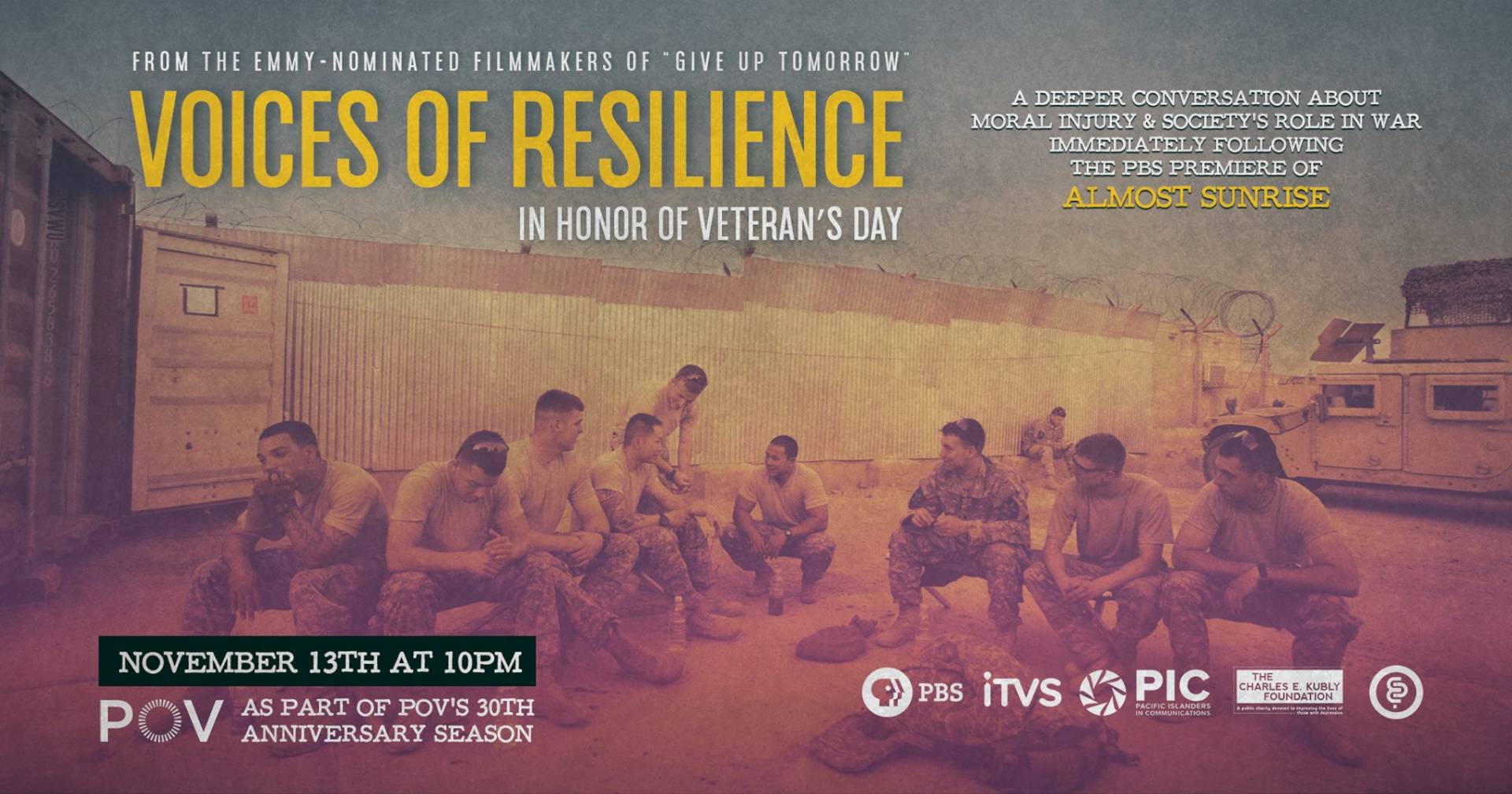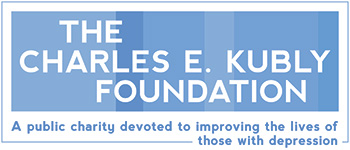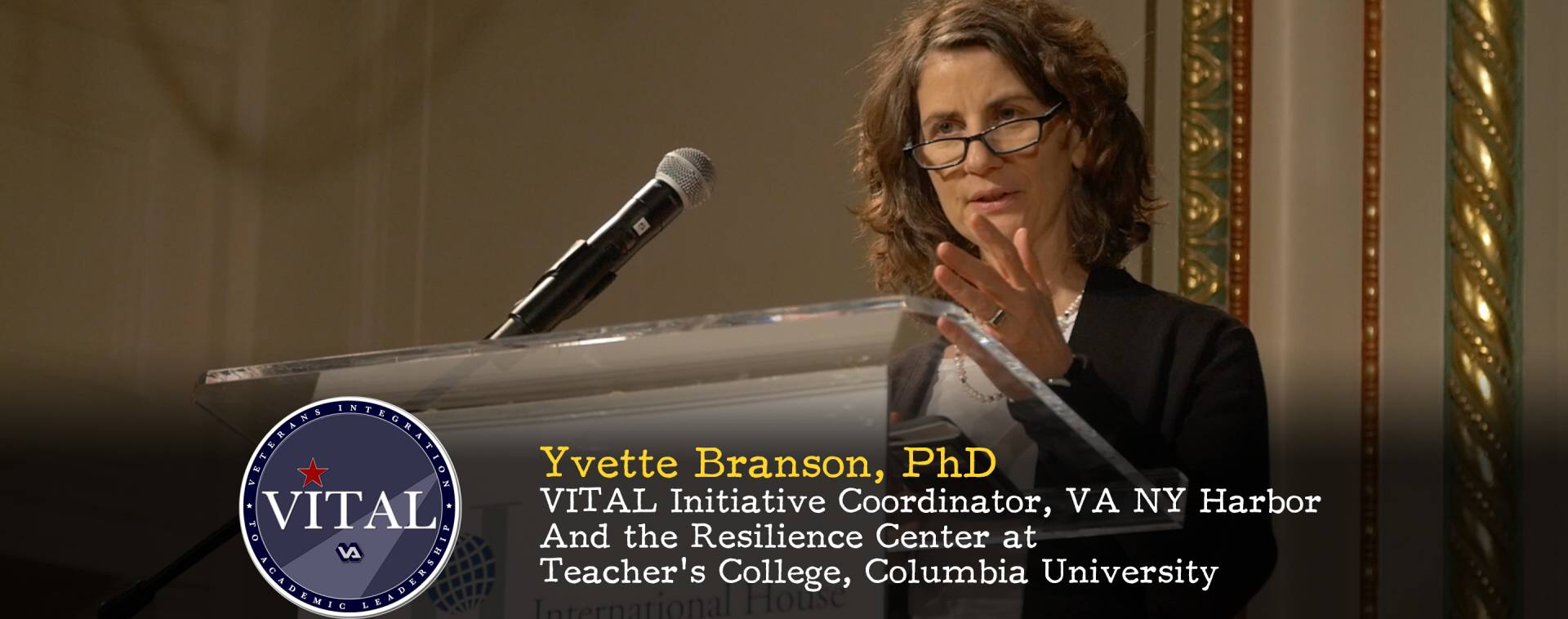Just as PTSD sprang out of the post-Vietnam era, today’s generation of veterans return home to face an invisible wound known as “moral injury” — a new name for a condition that is as old as the dawn of battle. Moral Injury, coined by Dr. Jonathan Shay, refers to the painful inner conflict that results from having violated one’s own code of what’s right and wrong in the line of duty. To some, moral injury is the unacknowledged specter looming over the current U.S. veteran suicide crisis, which claims the lives of 20 individuals every day. Some of the country’s top experts on moral injury, and well-known champions of veterans issues, share their deepest insights into the nature of this wound, why it’s so pervasive and universally stress the responsibility each of us must bear in helping those who have seen war make meaning of their experience. Voices of Resilience follows the struggles of a diverse group of veterans, that of a young man from Colorado, and a young couple in Saipan, one of many remote islands in the Pacific, where enlistment rates tend to soar higher than any other community in the U.S. population. Ultimately, Voices offers inspirational examples of veterans who…
Voices of Resilience: Insight into Injury (Nov. 13th, 10PM on PBS)




0 Comments